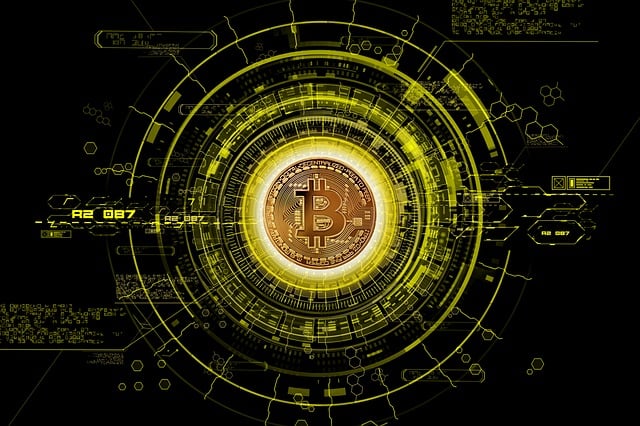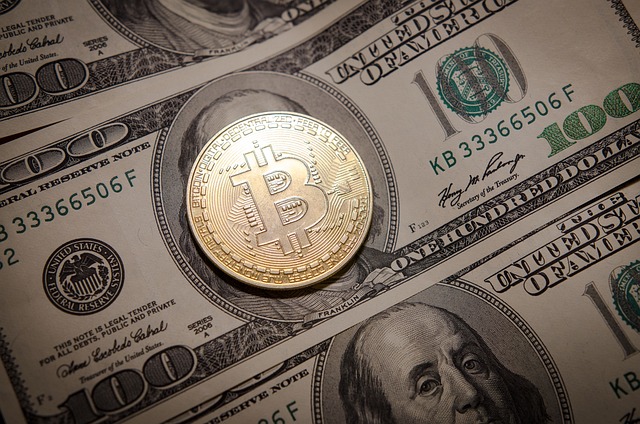DAO Definition: Understanding Decentralized Autonomous Organizations

Introduction to DAOs
Decentralized Autonomous Organizations, commonly known as DAOs, are a groundbreaking concept in the world of cryptocurrency and blockchain technology. A DAO is an organization that operates entirely on a blockchain network, utilizing smart contracts to automate decision-making processes without the need for traditional centralized authority.
Key Features of DAOs
DAOs possess several unique features that set them apart from traditional organizations. These features include:
Decentralization: DAOs are not controlled by any central authority, government, or individual. Decision-making power is distributed among participants known as token holders.
Autonomy: DAOs operate autonomously, with predefined rules and protocols encoded within smart contracts. These rules dictate how decisions are made and executed.
Transparency: All transactions and decisions made within a DAO are recorded on the blockchain, making the organization's operations fully transparent and auditable.
Trustless Governance: DAOs rely on consensus mechanisms, such as voting or reputation-based algorithms, to ensure fair and democratic decision-making processes without the need to trust any central entity.
Benefits of DAOs
DAOs offer several advantages that make them an attractive alternative to traditional organizations. Some of these benefits include:
Enhanced Efficiency: By eliminating intermediaries and automating decision-making processes, DAOs can operate more efficiently and cost-effectively.
Increased Transparency and Accountability: The use of blockchain technology ensures transparency and accountability in all operations, reducing the potential for fraud or corruption.
Global Collaboration: DAOs are not bound by geographical boundaries, allowing individuals from around the world to participate and contribute to the organization's growth and decision-making.
Improved Security: The use of cryptographic protocols and consensus mechanisms enhances the security of DAOs, making them less vulnerable to hacks or malicious attacks.

Conclusion
Decentralized Autonomous Organizations (DAOs) represent an innovative approach to organizational governance, leveraging blockchain technology to facilitate trustless decision-making processes. With their decentralized nature and efficiency-enhancing features, DAOs have the potential to disrupt traditional centralized organizations in numerous industries. Embracing this new paradigm may lead to greater transparency, efficiency, and global collaboration in the world of business and beyond.
To learn more about the advantages of crypto signal bots, check out the article "Kripto Sinyal Botlarının Avantajları".

